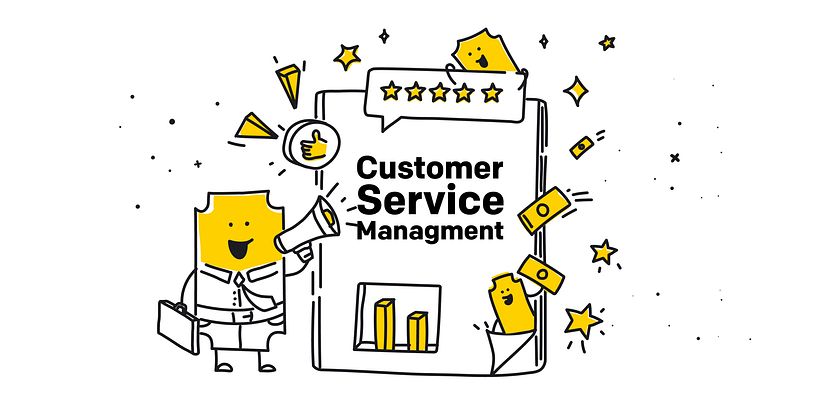What Is Managed Customer Service and Why Is It Important?

Introduction
In today’s competitive world, businesses are realizing that excellent customer service isn’t just an option — it’s a necessity. Customers expect fast, reliable, and personalized support every time they reach out. However, managing an in-house customer service team can be costly and time-consuming.
This is where Managed Customer Service comes into play. It allows companies to deliver consistent, high-quality support through external experts who specialize in customer experience management. Let’s explore what managed customer service is, how it works, and why it’s becoming essential for modern businesses.
What Is Managed Customer Service?
Managed Customer Service refers to outsourcing your customer support operations to a third-party provider that handles everything from customer inquiries and technical issues to feedback and post-sales assistance.
These service providers use skilled agents, advanced tools, and technology to ensure customers get timely, efficient, and professional help across multiple channels — such as email, chat, phone, and social media.
In simple terms, it’s like having your own customer service department, but managed externally by experts who focus entirely on improving your customers’ experience.
How Managed Customer Service Works
Managed service providers work closely with businesses to understand their goals, brand voice, and customer needs. The process typically includes:
- Assessment and Setup:
The provider evaluates your customer service needs and designs a tailored support plan. - Team Deployment:
A team of trained professionals (support agents, supervisors, and quality analysts) is assigned to handle customer interactions. - Technology Integration:
Tools like CRM systems, chatbots, and analytics dashboards are integrated to ensure smooth operations and transparency. - Monitoring and Improvement:
Providers regularly track performance metrics such as response time, resolution rate, and customer satisfaction — continuously optimizing for better results.
Why Managed Customer Service Is Important
1. Cost Efficiency
Building an in-house customer support team involves recruitment, training, software costs, and infrastructure. Managed services eliminate these expenses, offering a more affordable and scalable alternative.
2. 24/7 Availability
Managed service providers often operate globally, ensuring round-the-clock support. This means your customers get help anytime — even outside of your business hours.
3. Access to Expertise
Customer service agencies specialize in communication, empathy, and problem-solving. Their experience across industries ensures your customers always receive professional, well-informed assistance.
4. Focus on Core Business
By outsourcing customer service, companies can focus on growth, innovation, and operations, while experts manage the customer-facing side efficiently.
5. Scalability
During product launches, holidays, or peak seasons, customer inquiries often surge. Managed services can quickly scale up or down to meet demand without disrupting operations.
6. Consistent Customer Experience
Because managed providers use standardized systems, performance tracking, and quality checks, customers receive consistent, reliable support at every interaction — which strengthens trust and loyalty.
Industries That Benefit from Managed Customer Service
Managed customer service is used across various sectors, including:
- E-commerce: For handling order tracking, returns, and delivery updates.
- Banking & Finance: For customer inquiries, account management, and fraud alerts.
- Healthcare: For appointment scheduling, billing support, and patient assistance.
- Technology: For software troubleshooting, product guidance, and technical support.
- Telecom: For service activations, billing issues, and network support.
Each of these industries relies on consistent communication — making managed customer service a vital part of operations.
The Future of Managed Customer Service
With AI, automation, and data analytics transforming the customer experience landscape, managed service providers are integrating intelligent tools to make support smarter.
AI-powered chatbots now handle repetitive queries, while human agents focus on complex, emotionally driven interactions. This balance of automation and empathy ensures customers get both speed and understanding — the perfect combination for long-term satisfaction.
Conclusion
Managed Customer Service isn’t just about outsourcing — it’s about enhancing customer relationships through efficiency, expertise, and technology.
By partnering with a managed service provider, businesses can deliver exceptional support while saving time, money, and resources. In a world where customer experience defines success, managed customer service stands as a smart, scalable, and future-ready solution.
So, if your goal is to keep customers happy, loyal, and connected — managed customer service might just be your most valuable investment.


Comments
Post a Comment